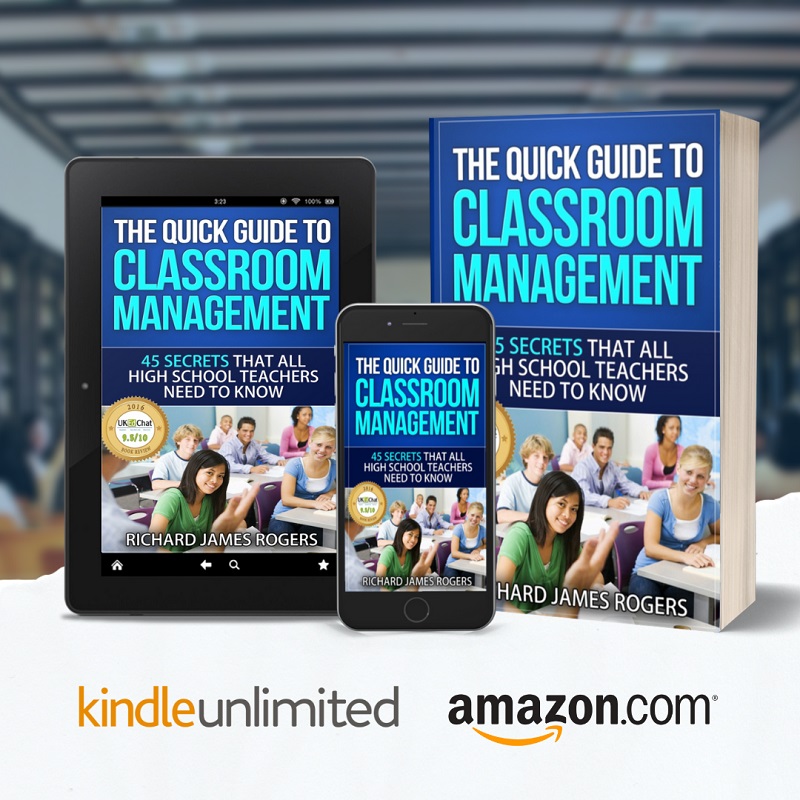An article by Richard James Rogers (Award-Winning Author of The Quick Guide to Classroom Management and The Power of Praise: Empowering Students Through Positive Feedback)
Updated March 2024
Like what you see? 🎯 Check out my shop for unique merchandise and products that support this blog. Every purchase helps me keep creating content you love. – Richard
Play is a term that is often associated with the teaching of small children, with the
aim being to maximize spatial experiences so that long term memory, manual
dexterity and essential skills are developed.

The Department of Education for the Government of Western Australia have the following to say about the importance of play:
Play is a powerful and important activity. It has a natural and positive influence on children’s social, physical, emotional and cognitive development. The best learning happens when children play. It is important to let your children play every day.
Department for Education, Government of Western Australia [2020]. Available at https://www.education.wa.edu.au/play-based-learning (accessed 1st November 2020)
Play doesn’t have to be limited to primary school and Early Years classes, however: teenagers and young adults can also benefit greatly from tasks that include competition and creativity of some kind. Try these ideas:
- Play learning games with your students on a regular basis. This makes learning a lot of fun and helps to cement concepts firmly in the working memory of each student. Check out this blog post on learning games that require virtually no equipment and can be applied to any subject area.
- Utilise live-quiz apps, such as Blooket, iSpring Quizmaker, Kahoot!, Rolljak, Quizlet Live, Quizziz and others to bring a healthy level of competitive spirit to the classroom. Apps like these have skyrocketed in popularity over the past 10 years (accelerated, in part, by the increase in hybrid and online learning during the recent pandemic), and offer a great means of delivering fun, and quick, formative assessments. I’ve written a very popular separate blog post about live quiz apps (and how to use them effectively) here.
- Carry out practical activities related to your subject area (where possible). As a science teacher, this is quite standard for me as I am required to run experiments and laboratory investigations with my students on a regular basis. In other subject areas, anything that gets students moving and using their hands or technology to build, create or interact with something can be a great way to develop working memory (provided that the task being assigned is on-point and very closely related to the learning outcomes of the set curriculum (see my blog post on Cognitive Load Theory for more on this here).

- Get your students to build things. Materials like plastic bottles, bottlecaps, cardboard, coloured paper, plasticine/modelling clay, straws, shoeboxes and old rope can all be used creatively by students to make models of the concepts they are studying. I’ve used this technique across my teaching in Science to get students to create everything from atomic models to makeshift ‘eco gardens’. Here’s a model atom that one of my IGCSE Chemistry students made out of rudimentary materials a few years ago:

- Take your students outside of the classroom. Read my blog post on outdoor
learning activities for ideas here: https://richardjamesrogers.com/2017/05/07/outdoor-learning-practical-ideas-that-every-teacher-must-know/
We welcome you to join the Richard Rogers online community. Like our Facebook page and follow us on Twitter for daily updates.





Yes but only 1 game or 2. And for 1 or 2 lesson stages- depending on the topic.